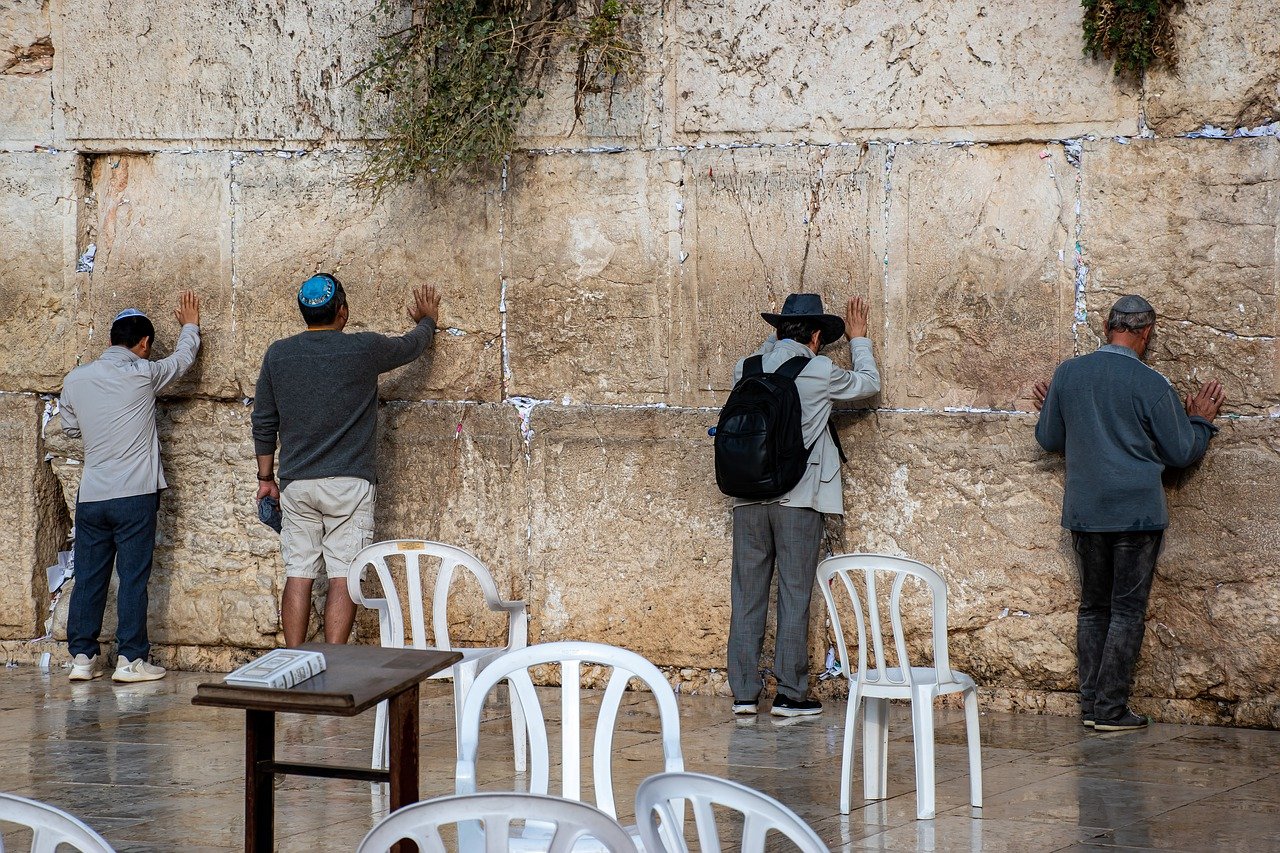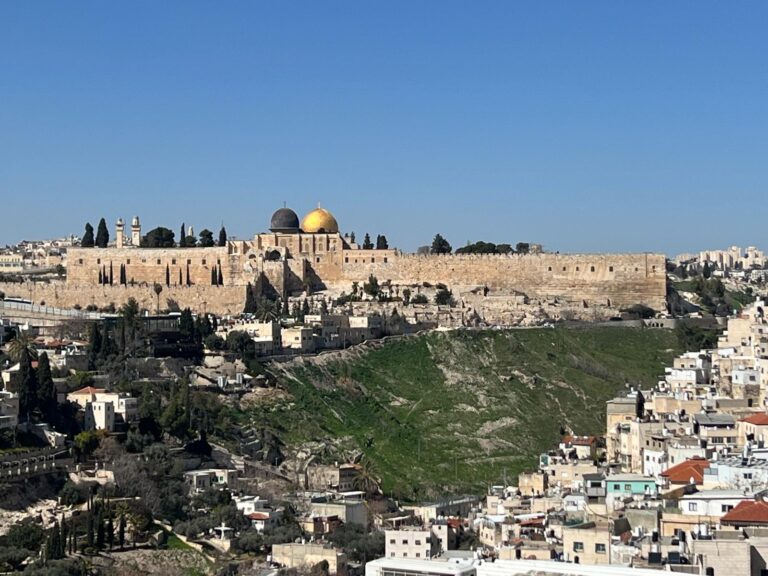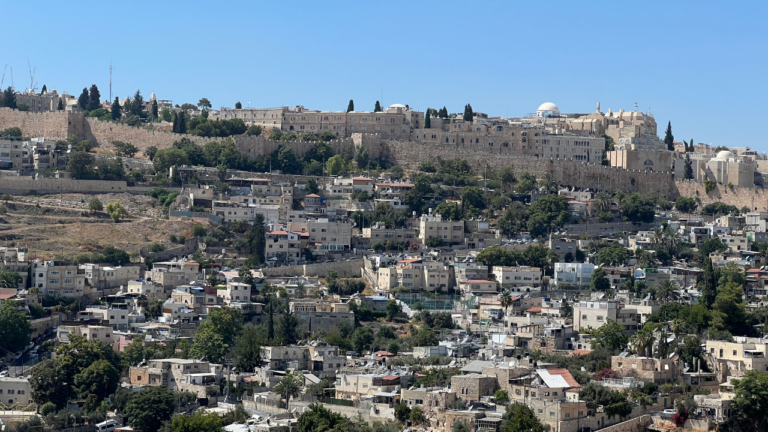A Growth-Oriented City
We generally think of teshuva as the reaction to and rectification of a sin. A person makes a mistake, rebels against the will of his creator and needs to engage in teshuva to rebuild a hurting relationship.
Chasidic master, though, teach that teshuva goes well beyond fixing a sin. Rather, a person’s soul stems from a high heavenly home and is thrust into this world. Even if a person does not sin, nonetheless, he is still more distant to God than his potential. One’s entire life must be an upward and growth-oriented trajectory towards more and more closeness to God.
Every moment of one’s life provides a person with opportunities to grow and become a better person. Taking advantages of these opportunities and having a growth-mindset makes a person into the ultimate “ba’al teshuva.” By contrast, even if a person fulfills the mitzvot and does not sin, he is not fulfilling his mission in this world if he rests on his laurels and stagnates.
One model that we can look to regarding this upper form of teshuva is the city of Yerushalayim. Our haftorah tells of the great and bright future that our city will experience in the messianic era. Among other stirring descriptions, we find the following prophecy:
For the sake of Zion I will not be silent, For the sake of Yerushalayim I will not be still, Till her victory emerge resplendent And her triumph like a flaming torch. Nations shall see your victory, And every king your majesty; And you shall be called by a new name, which God Himself shall bestow.
What is the meaning of the “new name” that God will bestow upon Yerushalayim? Those who are familiar with the laws of teshuva might recognize this concept as a form of teshuva. Rambam writes that:
Among the paths of repentance is for the penitent to… to change his name, as if to say “I am a different person and not the same one who sinned…”
A sinner must take on a new name/identity.
If changing one’s name is a concept from the world of teshuva, why would Yerushalayim need to change its name? What sins has the city committed? In fact, one would think that Yerushalayim with all of its storied history and spiritual significance has such a status that would eliminate the need for teshuva.
What Yeshayahu seems to be teaching us is that even entities as lofty as Yerushalayim need renewal and to be on a growth trajectory. “Yerushalyim,” or what the city represents, certainly has many merits and positive attributes. But God declares that spiritual statuses, even those as lofty as Yerushalayim, can never stay stable. The times of Mashiach will usher in an era of unprecedented growth in closeness to God, and Yerushalayim will receive a “new name” indicating its ascendent level.
May we all merit to gain a “new name” during this season of the year and to soon experience God giving Yerushalayim its new name.



